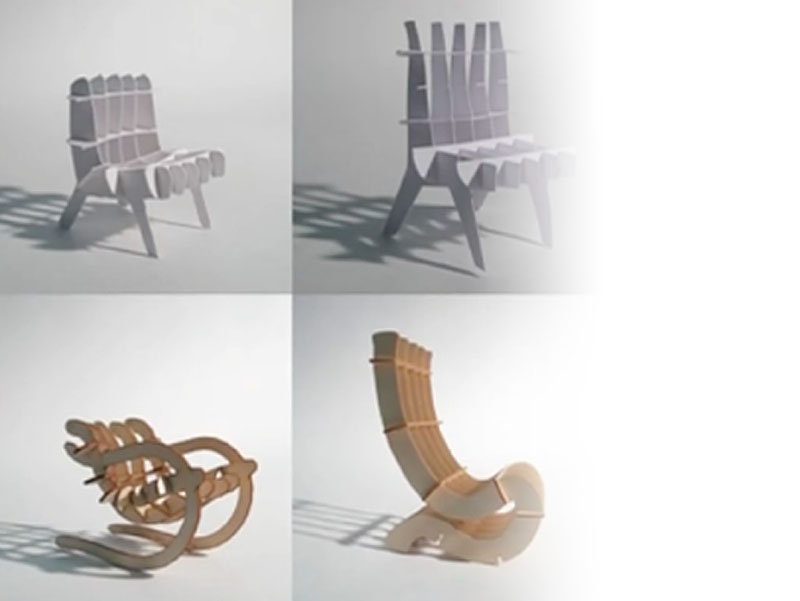Design and Technology: Product Design
 Course Information
Course Information
| Literacy | |
|---|---|
| Numeracy | |
| Communications | |
| Creativity | |
| Practical | |
| Group Work | |
| Examination Assessment | 50% |
| Non-Examination Assessment | 50% |
| EBacc | No |
| Examination Board | Edexcel |
| Course | GCSE |
General Information
Pupils will gain a broad understanding of the properties of materials and commercial practice in related industries. They will develop practical skills which will enable them to produce practical outcomes manufactured from woods, metals and polymers. They will also cover units on Systems & control, Mechanisms, Papers & Boards and Textiles. Pupils will be expected to apply technical and practical expertise to ensure that a product meets a manufacturing specification and is suitable for its intended purpose. Pupils will also develop valuable transferable skills in teamwork and communication. This course will prepare pupils to participate confidently and successfully in an increasingly technological world. There will be opportunities to apply their knowledge from other disciplines, including Mathematics, Science, Art and Design, Computing and the Humanities. Successful completion of this course could lead to further study of a wide range of courses at A Level, related Level 3 vocational qualifications, or an apprenticeship in a related area of employment. The pupils will build on the skills and knowledge learnt in KS3. This course is a GCSE D&T Qualification with a specialist focus on Timbers.
What will I need to succeed?
Pupils should have an enthusiasm for designing and making. The pupils will build on their Key Stage 3 Design and Technology knowledge. This qualification is intended for pupils who are interested in understanding the working properties of woods, metals and polymers (plastics) and who wish to use these materials in a practical way. It will particularly appeal to pupils who are looking for a course that is practical in nature and will prepare them for further study and employment within related industries.
Expected Subject Content
The course will give pupils the opportunity to develop an understanding of:
- materials and their working properties;
- processes and manufacture;
- joining, components, adhesives and finishes;
- commercial practice;
- developing design ideas, testing and evaluating their work in order to refine their design decisions in developing products which will allow pupils to show their creative flair.
Lesson Structure
Lesson time will be divided between 50% practical project work and 50% theory.
Expected Assessment Requirements
This GCSE will have a practical unit and an externally assessed examination.
GCSE – will be weighted 50% NEA (new term for Controlled Assessment) 50% written examination paper (1-9 Grades).
What careers it can lead to after leaving Swanmore College
Having a qualification in Product Design can lead to many further courses and careers. Examples of the many careers include interior design, prop manufacture, fashion design, graphic design, landscape gardening, and carpenter.
